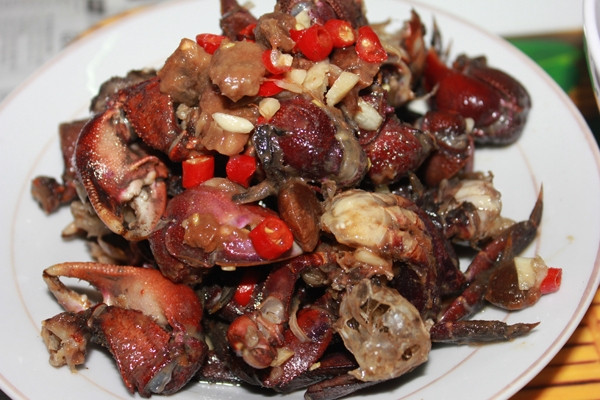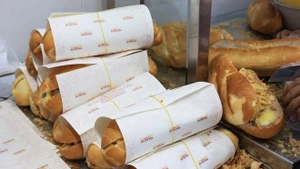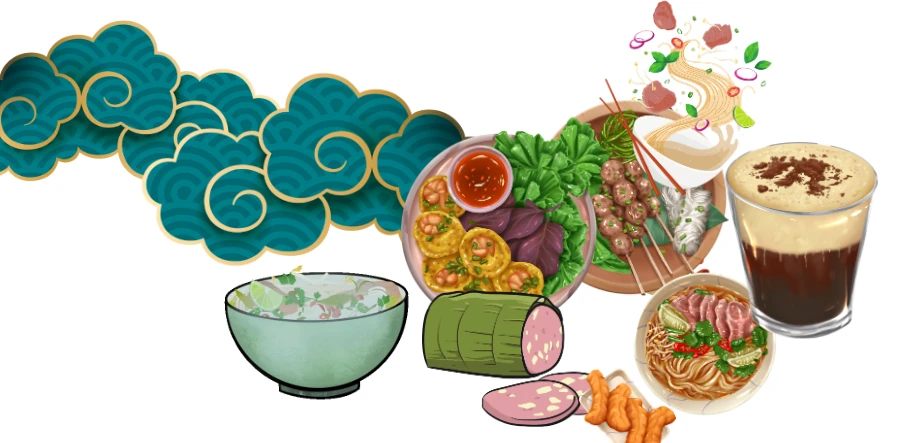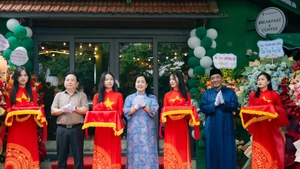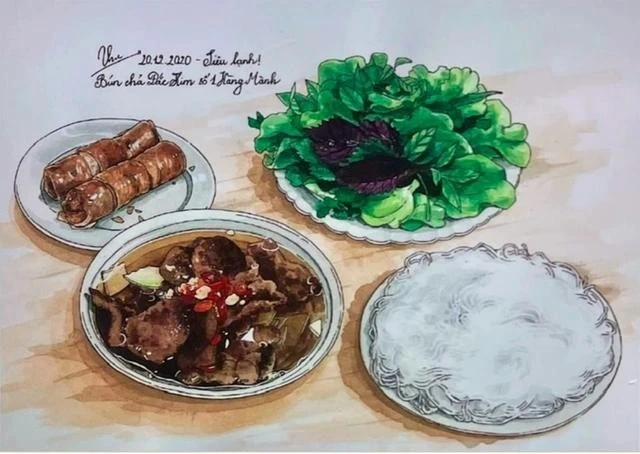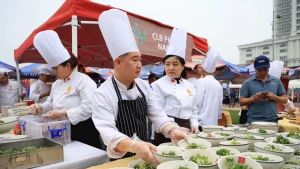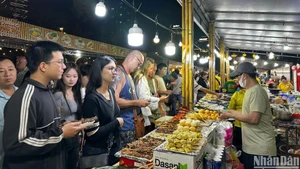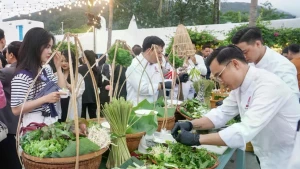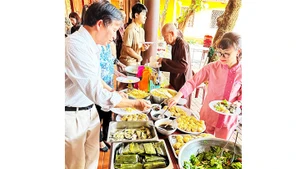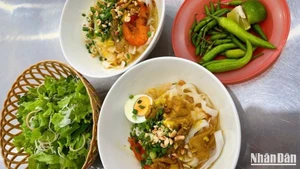Making salted fermented crab has been ongoing for generations in Ca Mau, Vietnam’s southernmost province, and is now done mainly in the coastal districts of Dam Doi, Phu Tan, Nam Can, and Ngoc Hien. The most famous ‘ba khia’ comes from Rach Goc town in Ngoc Hien district.
In the past, crab fishermen carried jars of saltwater and whenever they caught a crab, they washed it and put it immediately into the jar of salt water. The next morning, the crabs were taken out, dried, and transferred to a new jar of saltwater, which would be tightly covered until it was time to eat the crabs.
Today the crabs aren’t immediately salted after they are caught. They’re left to become thirsty. Then, when they’re put in a jar of concentrated salt water, they drink the saltwater and the saltwater they drink preserves them longer and gives them a better flavour. Later, the jar is drained, the crabs are washed and then arranged by layers in the empty jar. Then new saltwater is added.
The salted crab is often eaten with lemon, garlic, chilli, pineapple, and sugar, to make it less salty and more delicious.
